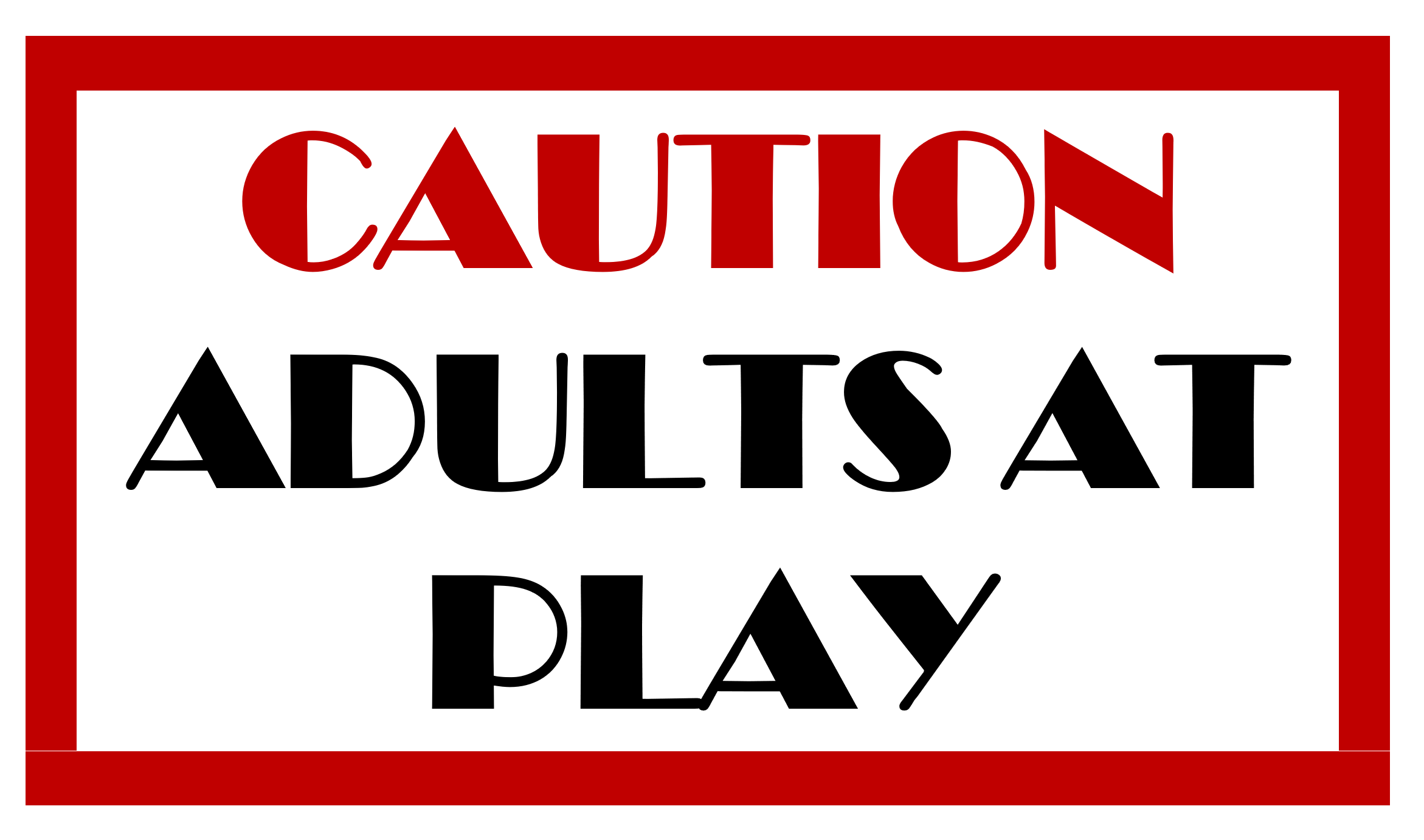
Boost Workplace Well-Being: The Power of Play and Playfulness in Professional Life
Hello! We are really happy you’ve come by for a chat. Let’s Tango!
When’s the last time you played at work? Yes, I’m seriously asking. Why? Research shows that play and playfulness are sources of well-being for adults, both at work and at home.
The Difference between Play and Playfulness
According to the Institute of Coaching, an affiliate of Harvard Medical School, “Play describes the behaviors and actions that facilitate and promote feelings of playfulness. Playfulness is an attitude or mindset that informs how we approach our lives and our interactions with others. It is a cognitive attitude toward being intrinsically motivated and uninhibited, with a behavioral orientation toward fun-seeking and spontaneity.”
Think of play as a state of “doing” and playfulness as a state of “being”. The two are connected but do not always happen together. Reflect on a required team building activity at the workplace. You might engage in the activity of play during the team-building exercise, yet if you don’t also have a sense of playfulness, it is likely to backfire.
Benefits of Play and Playfulness
Both play and playfulness have the capacity to increase well-being and human flourishing. In particular, the attitude of playfulness has been shown to be a highly beneficial mindset. People who are playful live more upbeat, cognitively spontaneous, creative, and humorous lives. Flourishing is the opposite of languishing, which is what many have experienced during and since the pandemic.
Cultivating Play and Playfulness
Cultivating play and playfulness are valuable when you want to:
![]() Improve problem-solving skills: Engaging in playful activities can help you approach problems with a fresh perspective.
Improve problem-solving skills: Engaging in playful activities can help you approach problems with a fresh perspective.
![]() Cultivate deeper professional and personal relationships: Playful interactions build camaraderie and trust.
Cultivate deeper professional and personal relationships: Playful interactions build camaraderie and trust.
![]() Learn to be more flexible and creative: Playfulness encourages out-of-the-box thinking and adaptability.
Learn to be more flexible and creative: Playfulness encourages out-of-the-box thinking and adaptability.
![]() Cope better with difficult times: A playful mindset can help you navigate challenges with resilience.
Cope better with difficult times: A playful mindset can help you navigate challenges with resilience.
![]() Adapt to unexpected challenges: Being playful makes it easier to adjust to changes and uncertainties.
Adapt to unexpected challenges: Being playful makes it easier to adjust to changes and uncertainties.
![]() Deal with high levels of stress: Playful activities reduce stress and enhance mental health.
Deal with high levels of stress: Playful activities reduce stress and enhance mental health.
![]() Create new opportunities for enjoyment: Incorporating play can make work more enjoyable and fulfilling.
Create new opportunities for enjoyment: Incorporating play can make work more enjoyable and fulfilling.
How to Cultivate Play and Playfulness at Work
![]() Encourage fun team-building activities: Organize activities that promote teamwork and creativity, such as escape rooms, trivia games, or creative workshops.
Encourage fun team-building activities: Organize activities that promote teamwork and creativity, such as escape rooms, trivia games, or creative workshops.
![]() Incorporate play into meetings: Start meetings with an icebreaker game or a quick, fun activity to set a positive tone.
Incorporate play into meetings: Start meetings with an icebreaker game or a quick, fun activity to set a positive tone.
![]() Create a play-friendly environment: Designate a space in the office for relaxation and playful activities, like a game room or a lounge area.
Create a play-friendly environment: Designate a space in the office for relaxation and playful activities, like a game room or a lounge area.
![]() Foster a playful mindset: Encourage employees to approach tasks with a sense of curiosity and openness to new experiences.
Foster a playful mindset: Encourage employees to approach tasks with a sense of curiosity and openness to new experiences.
![]() Lead by example: Demonstrate playfulness in your own actions and interactions, showing that it’s okay to have fun at work.
Lead by example: Demonstrate playfulness in your own actions and interactions, showing that it’s okay to have fun at work.
![]() Celebrate achievements playfully: Recognize and celebrate successes with fun activities, themed parties, or creative rewards.
Celebrate achievements playfully: Recognize and celebrate successes with fun activities, themed parties, or creative rewards.
Conclusion
As a coach, I encourage a sense of playfulness and play in our work, for all the reasons above and more. How might you go about cultivating more play and playfulness at work for yourself and for others? By integrating play and playfulness into your professional life, you can enhance well-being, improve productivity, and create a more dynamic and enjoyable workplace. Start today and see the positive impact it can have on your team and your organization.
Thanks for stopping by. We hope you found at least one little nugget you are taking away with you. What will you do to bring it into full living color?
______
Get Tango Insider Access – Subscribe below!
















